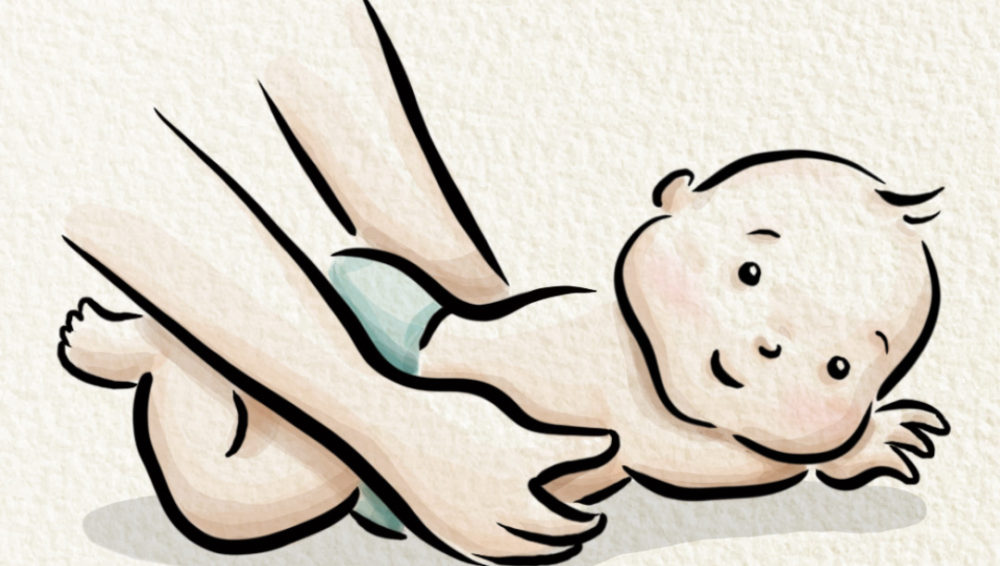Month 2: Getting to know each other

You and Your Child are learning about one another and starting to understand each other’s needs and responses.
Things should be less hazy than they were in the first month now that you know each other better.
How are you and your baby
Your baby’s cries are becoming more distinguishable as they are learning to communicate. Your Child’s feeding and sleeping routines may show a pattern, which allows you to plan your day. And your little one may be able to lift the head up in the prone position.
Your postpartum recovery might be complete by now, and some moms may begin a soft workout program. But if you are still feeling a bit out of sorts or not physically like your old self, don’t worry — your body will heal at its own pace.
Now that you and your baby feel a bit more comfortable with each other, you can start to think about how to establish a secure bond for Your Child.
What is a secure bond
In attachment theory, children who are securely attached to their parents have a positive self-image that gives them the confidence to build resilience because they feel they are supported when failing, so they are more likely to try again. Feeling safe is also the optimal mental state for children to learn and thrive because all of their energy is invested in observations and exploration rather than being constantly in fight-or-flight mode.
How to create a secure bond
Physical touches: Skin-to-skin contacts such as cradling and caressing are soothing for babies, especially for Your Child who still need time to adjust to the new environment outside the womb. Being held and feeling the warmth from your skin offers a sense of security — the foundation for a strong bond that provides confidence and resilience needed in growing up into adulthood.
Eye contacts: When feeding Your Child — bottle or breast — try to maintain eye contact. Your child will learn that this can be another form of communication, which they can use to express needs and show affection.
Talk, read, sing: Babies can hear sounds, even from the time they were in the womb, so talking, singing, and reading to your baby often affirm safety and attention which strengthen your relationship.
Respond to cries: Your baby will cry a lot in the first few months because that is the only way to communicate their needs. Being consistently attentive to Your Child’s cries and responding with gentle touches increases trust and reduces anxiety for the baby. Newborns are easily startled; sometimes, they cry just because they need to be re-swaddled to get the same feeling they got inside the womb.
Why bonding matters
Bonding with Your Child is the start of a secure attachment, which is the very foundation of healthy development in children. Once children feel that they can trust the world, they are more open to trying new things to learn and develop.
Children who feel deeply connected to their parents have better socio-emotional regulation skills. As a result, they tend to have better relationships with others as they grow up. In addition, children who have strong bonds with their parents tend to perform better at school and work because they can control their emotions and communicate their thoughts more effectively to collaborate and solve problems.
Research has shown that babies met with absent or inconsistent love and attention from their parents had higher chances of developing depression and anxiety disorders as adults — and of course, less happiness and success in life. If you can’t meet your child’s demands and needs, it is completely fine to ask other caregivers to help.
Verified:
Dr. Ketsupa Jirakarn (Mental health specialist) (18 February 2022)



